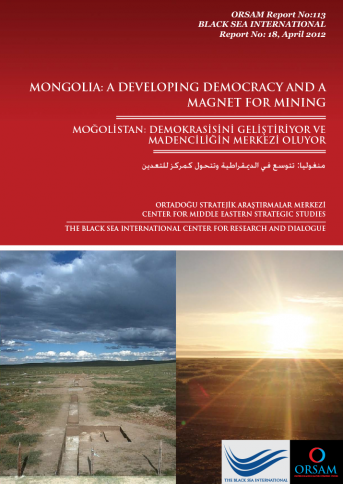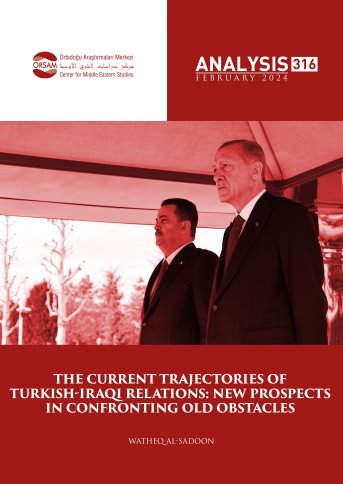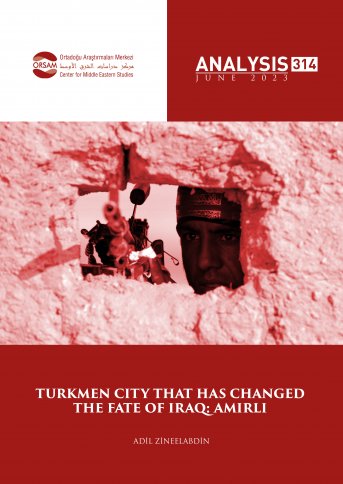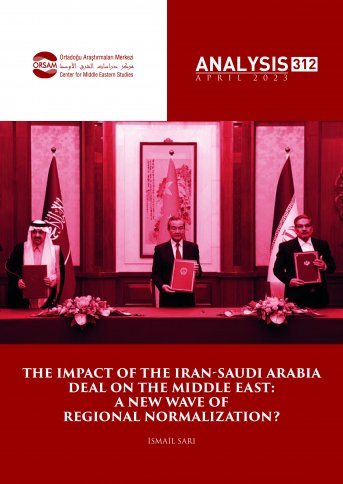
Mongolia: A Developing Democracy and a Magnet for Mining
Mongolia is a country situated in North-east Asia which faces significant political and development challenges. Due to vast underground mineral resources it faces the challenge of the natural resource curse. Paramount for the country is the ability to transform its mineral endowment into renewable assets for a sustainable and broad-based development. In order to be successful in this endeavour much attention needs to be paid to the quality and competency of economic policies as well as the role of institutions, which will ultimately determine whether the country can exploit opportunities, or yield to the resource curse.
Whilst development has and is taking place, Mongolia has transformed itself from a one-party socialist state to a multi-party democracy. It continues to face the challenges that post-socialist countries face on the road of transition, with obstacles concerning social justice, re-evaluation of its historic identity as well as attempts to lunge to its recent authoritarian past.
Mongolia’s predicament is a welcome one when compared to its regional neighbours, the Turkic States. It has a small population, vast land area and incredible mineral riches. Politically, it has proceeded along the democratic path fairly steadily and can boast of having an emerging political elite untainted by any association with the communist past. Therefore, for Mongolia the political and economic future looks bright as long as the correct policies are pursued. In fact, the future could be as bright as the glint of gold hidden underneath the Mongolian tundra.







